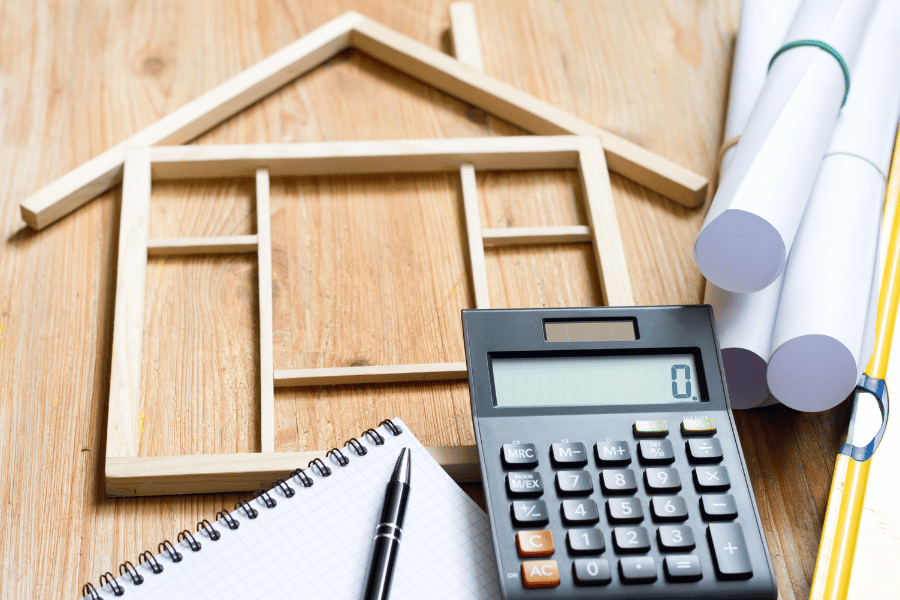Renovating your home can be exciting, but it’s also a project full of important decisions. Whether you’re remodeling a single room or tackling a whole-home renovation, your HVAC system is a crucial factor to consider.
Heating, ventilation, and air conditioning systems are the backbone of your home’s comfort, and overlooking them during a renovation can lead to increased costs, inefficiency, or discomfort down the line.
Here’s what you need to keep in mind when renovating your home to ensure your HVAC system complements your new space.

1. Assess Your Current HVAC System
Before jumping into the renovation, it’s essential to evaluate the current state of your HVAC system. Many older homes have outdated or underperforming systems that may not be able to handle the changes you’re planning. Ask yourself the following questions:
- Is my system running efficiently? If your HVAC system is more than 10-15 years old, it might be time to upgrade. Older systems can be inefficient and costly, and newer models offer significant energy savings.
- Does it meet the needs of my new space? If you’re expanding your home, adding more rooms, or changing the layout, your current system may not have the capacity to heat and cool effectively. For example, adding a sunroom or finishing a basement requires your HVAC system to work harder, and it may be worth considering a new unit or supplementary systems like ductless mini-splits.
2. Plan for Proper Airflow and Ventilation
Renovations often alter the layout of your home, which can affect airflow. Good ventilation is essential for maintaining indoor air quality, so it’s critical to think about how changes will impact the movement of air throughout the space.
- Do you need to reconfigure ductwork? If you’re adding new walls, removing existing ones, or extending rooms, it may disrupt the airflow. Improper ductwork can lead to uneven heating or cooling, where some areas of the house may feel too warm while others are too cold. You might need to reroute ducts or add new ones to maintain proper circulation.
- Ensure proper ventilation. Bathrooms, kitchens, and laundry rooms should have dedicated exhaust systems to remove moisture and odors. During renovations, it’s a good opportunity to upgrade these systems if they are underperforming.
3. Think About Energy Efficiency
Renovations present a great opportunity to improve your home’s energy efficiency. Energy-efficient homes save on utility bills and reduce your carbon footprint.
- Insulation and sealing. One of the simplest ways to enhance energy efficiency during a renovation is to ensure proper insulation and sealing. Even with a top-notch HVAC system, poor insulation can cause major energy loss. Consider insulating walls, floors, and ceilings, especially in new areas, to keep your heating and cooling system from working overtime.
- Consider upgrading to energy-efficient HVAC models. If your current system is nearing the end of its lifespan or doesn’t meet energy-efficiency standards, upgrading to a newer, energy-efficient model with a higher SEER (Seasonal Energy Efficiency Ratio) rating can lead to long-term savings.
4. Zoning Systems for Better Control
If you’re expanding your home or remodeling a multi-story house, zoning can be a game-changer for your HVAC system. Zoning systems allow you to control the temperature in different areas of your home independently.
This means you won’t have to cool or heat areas that are rarely used, saving energy and giving you greater control over your comfort.
For example, if you’re adding a guest bedroom or office that won’t be occupied all the time, you can adjust the temperature separately from the rest of the home. Zoning systems can be installed with dampers in the ductwork or by using ductless systems to create zones in specific rooms.
5. Plan for Smart Technology Integration
Smart home technology is becoming increasingly popular, and it’s worth considering how your HVAC system fits into the future of your home. A smart thermostat, for example, can help optimize energy use by adjusting temperatures automatically based on your schedule, preferences, or even the weather.
During a renovation, it’s the perfect time to add smart controls that can integrate with other home automation systems, giving you more convenience and control over your environment.
6. Work with an HVAC Professional
HVAC professionals can help assess your current system, recommend the right size and type of equipment, and ensure that your system will run efficiently in your updated space.
Additionally, local building codes may require specific HVAC upgrades or modifications during major renovations, and a professional will ensure your project meets all necessary regulations.
Conclusion
Home renovations are the perfect time to evaluate and improve your HVAC system. Whether you’re expanding your space, improving energy efficiency, or modernizing your home, your HVAC should play a key role in your plans.
By considering the factors above and working closely with an HVAC professional, you can ensure your home remains comfortable, efficient, and ready to meet your needs for years to come.
If you are experiencing a problem with your air conditioning or heating call us at 512-336-1431 to schedule an appointment. We’ll be glad to come out and take a look at the issue.
1431-183 A/C & Heating proudly serves Round Rock, Georgetown, Cedar Park, Pflugerville, Leander, Liberty Hill, and North Austin.
